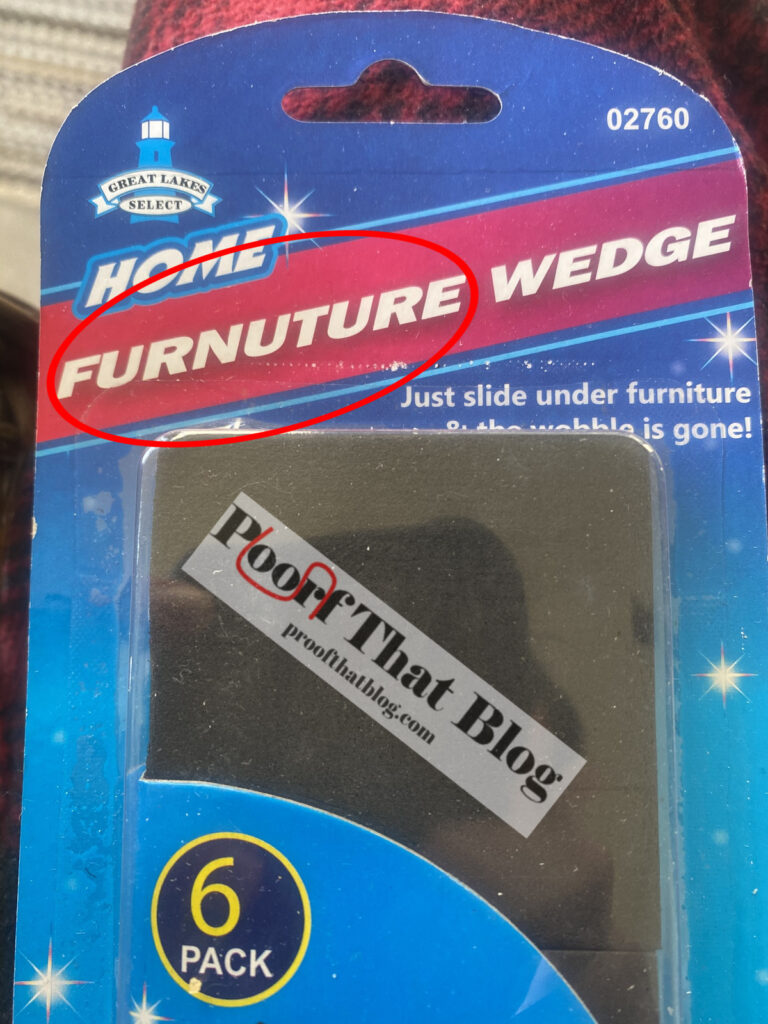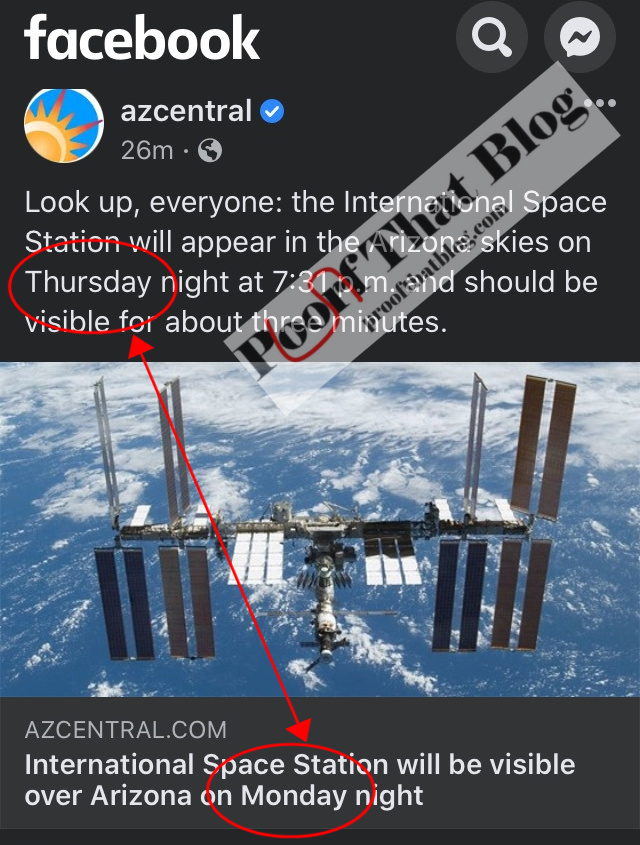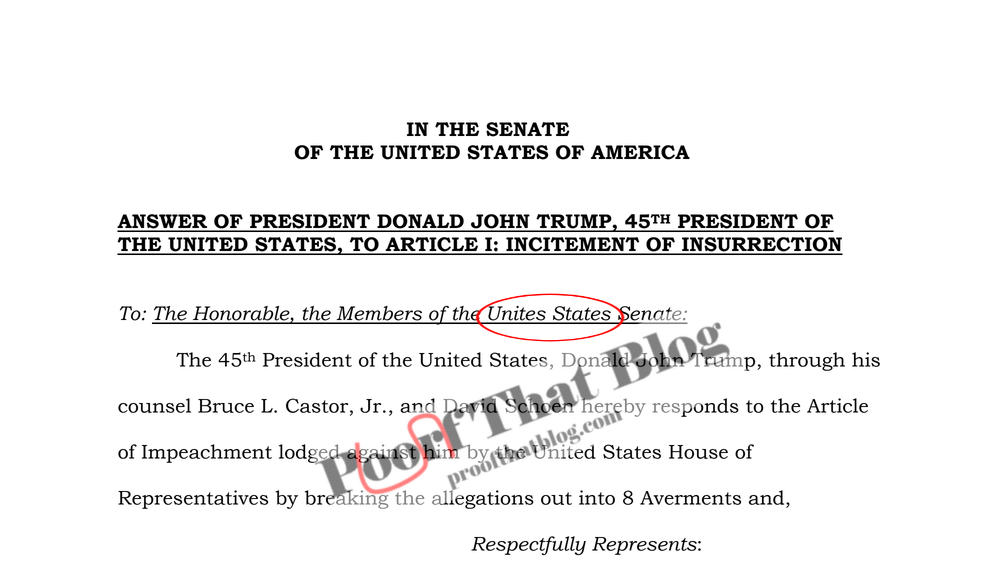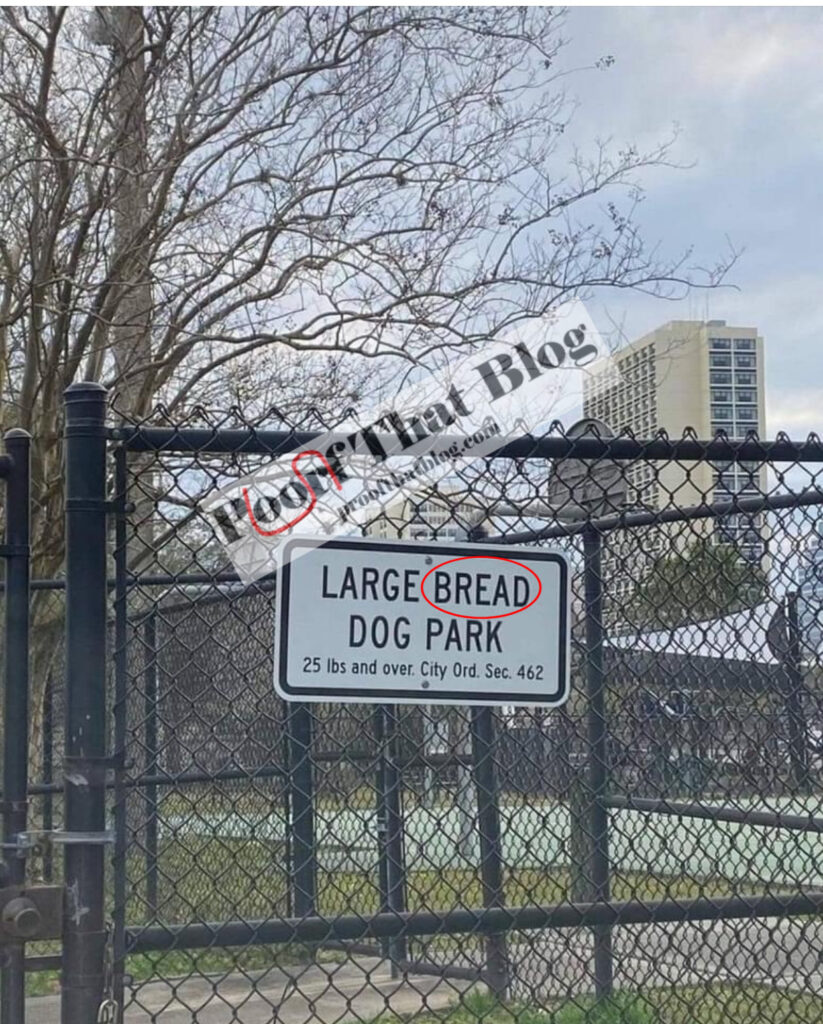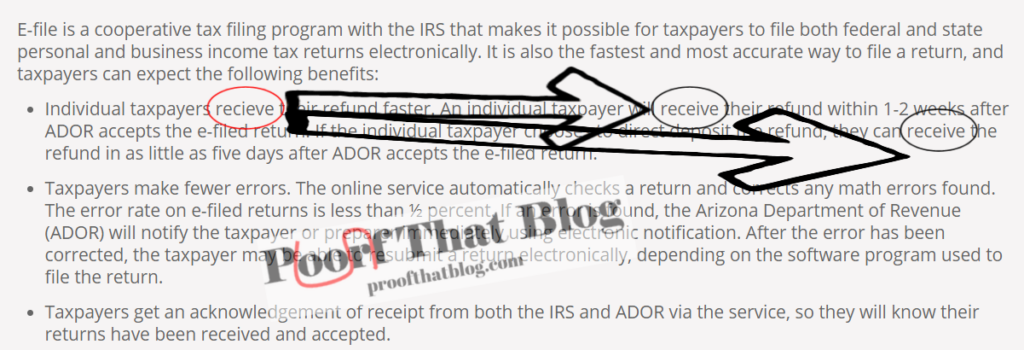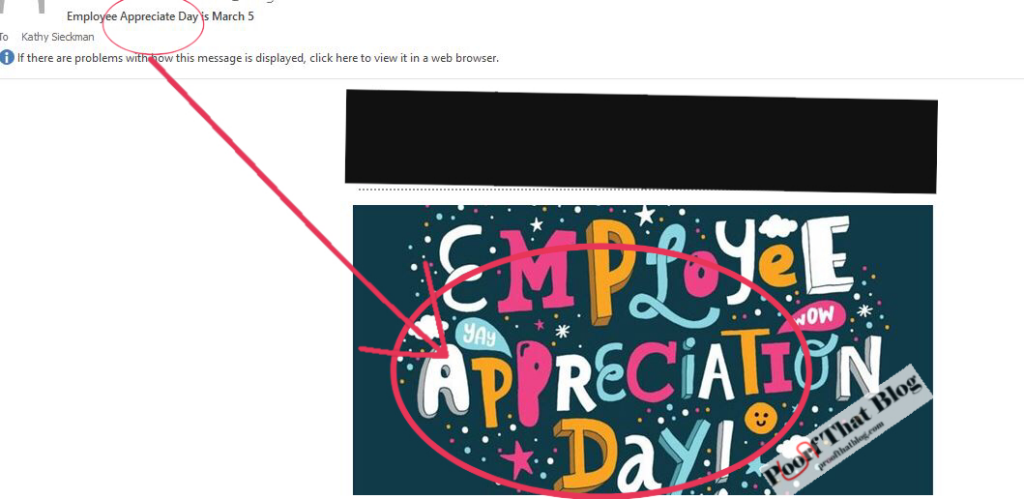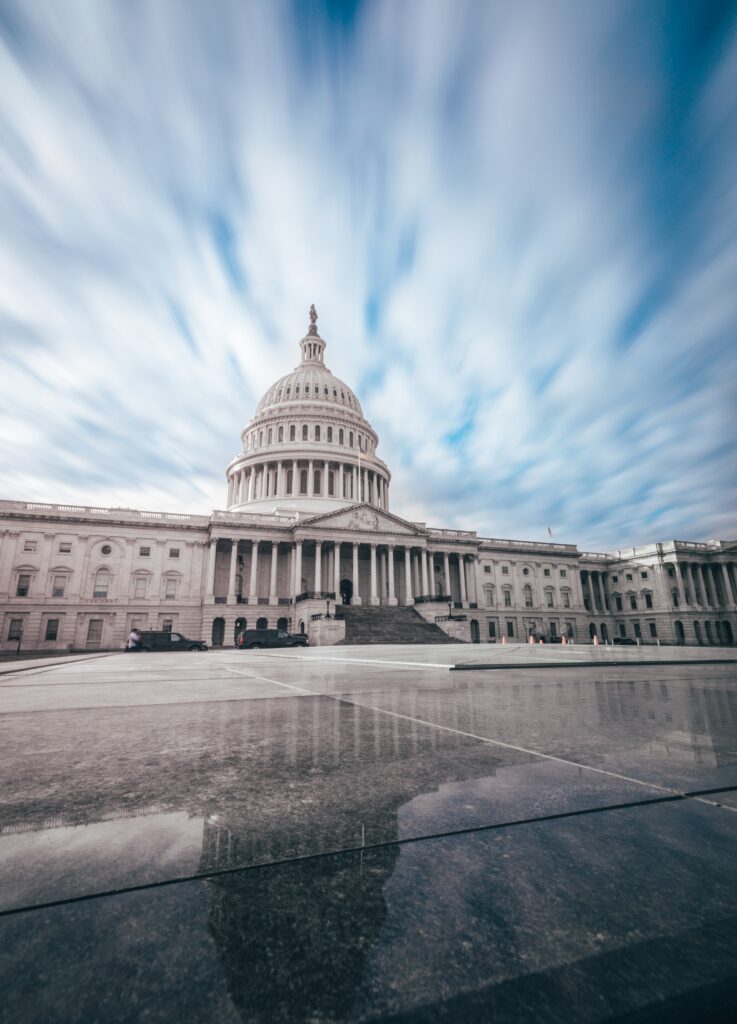There is some discussion about the apostrophe for President’s/Presidents’/Presidents Day. Some say it is only to recognize the current sitting President, which would make it “President’s” Day. Others say the day doesn’t belong to any of the Presidents, so it doesn’t need an apostrophe at all, and I think the rest of them don’t know which way is correct, so they just put one where they always do just to make the darn word plural.
My thought is that it is a national holiday designated to recognize all of the U.S. Presidents, so since the word Presidents is plural, you just need an apostrophe to show that the holiday belongs to all of the Presidents. Just remember to look at the base word without changing anything first. Is it singular? Is it plural? Then decide how you will make it possessive. There is more about that topic here.
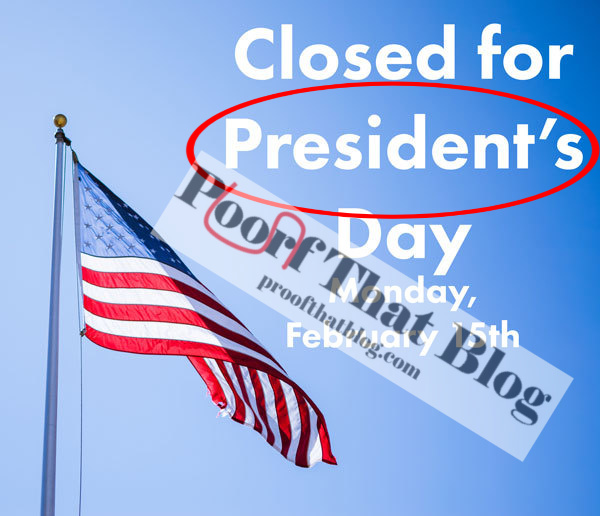


 Follow
Follow